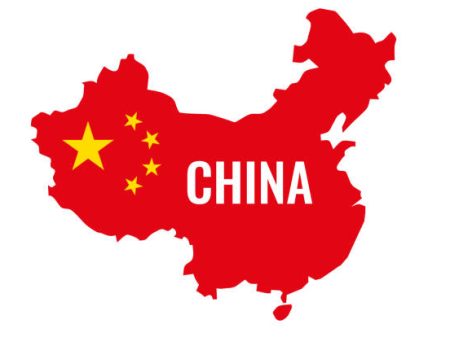15 August, Sweetcrude, Abuja – The Ministry of Power plans to increase Nigeria’s electricity generating capacity to 5,000 megawatts from its current 4,200 megawatts by December.
The Minister of Power, Prof. Barth Nnaji, who disclosed this at the weekend, said the increased output will come from the power stations nearing completion under the National Inte-grated Power Projects, as well as existing power plants, which are being rehabilitated to improve overall performance.
Affirming that the power sector reform programme is on track, Nnaji said the Nigerian Bulk Electricity Trading Company (NBETC), also known as the bulk trader, would be operational at the end of this month.
He said that as a a critical market enabler for the emerging market structure in the electricity sector, the NBETC’s responsibility will be to act as a “bulk purchaser” of electricity from the generation companies on behalf of all the distribution companies.
It will hence sign PPAs with the generation companies. As a transitional institution, it will cease to exist once the distribution companies develop the capacity for metering, billing and revenue collection.
Nnaji added that the Bureau of Public Enterprise would by September 1 make available requests for prop-osals to investors that have expressed interest in acquiring the successor companies of the Power Holding Company of Nigeria (PHCN) under the privatisation programme.
He said PHCN currently produces 4,200MW and with the additional 600MW, “we should attain between 4,800 and 5,000 megawatts by the end of the year.”
He revealed that the first turbine at the Alaoji power plant in Abia State would be coming on stream in September and will be generating about 120MW.
“This along with other NIPP plants and existing power stations that are gradually coming on stream will give us the incremental 600MW.”
Nnaji, however, said the ministry would not just focused on the quantum of power that is generated, adding “our focus is to achieve system stability where we are.
“Also, we intend to eliminate waste and corruption in the system, and it is for this reason we are giving everybody targets and have signed service level agreements with the CEOs of the distribution companies.
“The whole idea is to get everyone on the same page with respect to the targets and deliverables. So there is a wholesale restructuring taking place in the ministry and PHCN right now,” he said.




